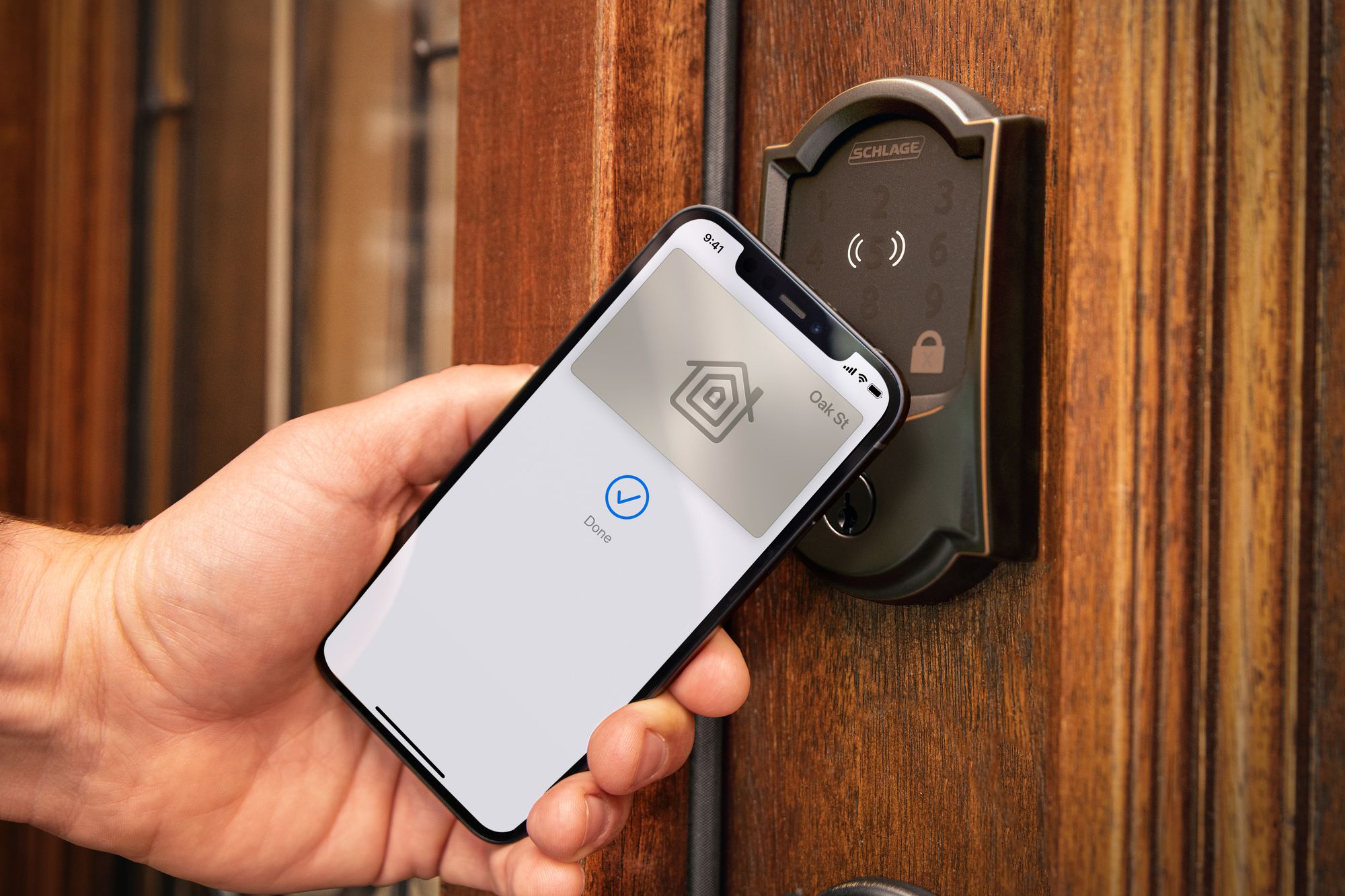
In an increasingly digital age, the concept of the “smart home” has become a reality for many. Among the innovative devices enhancing the way we live, smart locks have emerged as a prominent feature of modern home security.
These technologically advanced locks are transforming the way we access our homes, providing convenience, efficiency, and heightened protection. In this article, we will explore the benefits, functionality, and potential concerns of smart locks, as well as their role in shaping the future of home security.
What are Smart Locks?
A smart lock is a high-tech replacement for traditional door locks, offering keyless entry options and remote access capabilities. Unlike their mechanical counterparts, smart locks can be controlled via a smartphone app, voice commands, or integrated with other smart home devices like voice assistants or security systems.
There are several types of smart locks available in the market, including:
Bluetooth-based locks: These locks use Bluetooth technology to connect to nearby devices, usually smartphones, and grant access based on proximity.
Wi-Fi-enabled locks: These locks connect directly to the home’s Wi-Fi network, allowing remote access from anywhere with an internet connection.
Biometric locks: Incorporating advanced biometric technologies such as fingerprint recognition or facial recognition, these locks offer a highly secure and convenient way to unlock doors.
Keypad locks: These locks feature touch-sensitive keypads, enabling users to input a unique PIN code to unlock the door.
Advantages of Smart Locks
Enhanced Security: Smart locks offer increased security compared to traditional locks. With features like multi-factor authentication and real-time activity tracking, users can have better control over access to their homes. Additionally, the absence of physical keys reduces the risk of lock picking and unauthorized key duplication.
Convenience and Accessibility: Keyless entry eliminates the need to carry physical keys, which can be lost or misplaced. Instead, homeowners can use their smartphones or even issue digital “keys” to family members, friends, or service providers for temporary access. This flexibility is particularly useful for managing guest access or allowing package deliveries when you’re away.
Integration with Smart Home Ecosystems: Smart locks can integrate seamlessly with other smart home devices, such as security cameras, video doorbells, and alarm systems. This integration allows for a comprehensive home security network, where events like door openings trigger relevant actions like recording video footage or sending notifications to the homeowner’s smartphone.
Remote Control: Wi-Fi-enabled smart locks enable remote access, providing homeowners the ability to lock or unlock their doors from anywhere. This feature proves valuable in situations when you need to let someone in while you’re away or if you forgot to lock the door when leaving home.
Keyless Entry Logs: Smart locks maintain a log of access attempts and successful entries. This feature allows users to monitor who has accessed the property and at what time, providing valuable information in case of any security concerns.
Potential Concerns
While smart locks offer numerous benefits, there are also potential concerns that users should consider:
Cybersecurity: As with any internet-connected device, smart locks are susceptible to hacking attempts. Manufacturers must prioritize robust encryption protocols and regular software updates to safeguard against cyber threats.
Power Outages and Malfunctions: Smart locks, especially those dependent on batteries, may be vulnerable during power outages or if the batteries run out. Manufacturers should design their products with backup solutions to address these scenarios.
Compatibility and Interoperability: Some smart locks might not be compatible with all door types or may require specific infrastructure. Ensuring compatibility with existing door hardware is crucial to avoid potential installation challenges.
User Error and Learning Curve: The reliance on smartphone apps or voice commands might prove challenging for some users, especially those less tech-savvy. Proper user education and user-friendly interfaces are essential to mitigate potential problems.
Conclusion
Smart locks have undoubtedly emerged as a transformative addition to modern home security systems. Their combination of enhanced security, convenience, and integration with smart home ecosystems make them an attractive option for homeowners seeking a more efficient and advanced approach to access control.
As technology continues to evolve, addressing concerns like cybersecurity and ensuring user-friendly experiences will further solidify the role of smart locks in shaping the future of home security. With ongoing advancements and refinements, smart locks are poised to unlock endless possibilities in the realm of home protection and convenience.
Leave a Reply